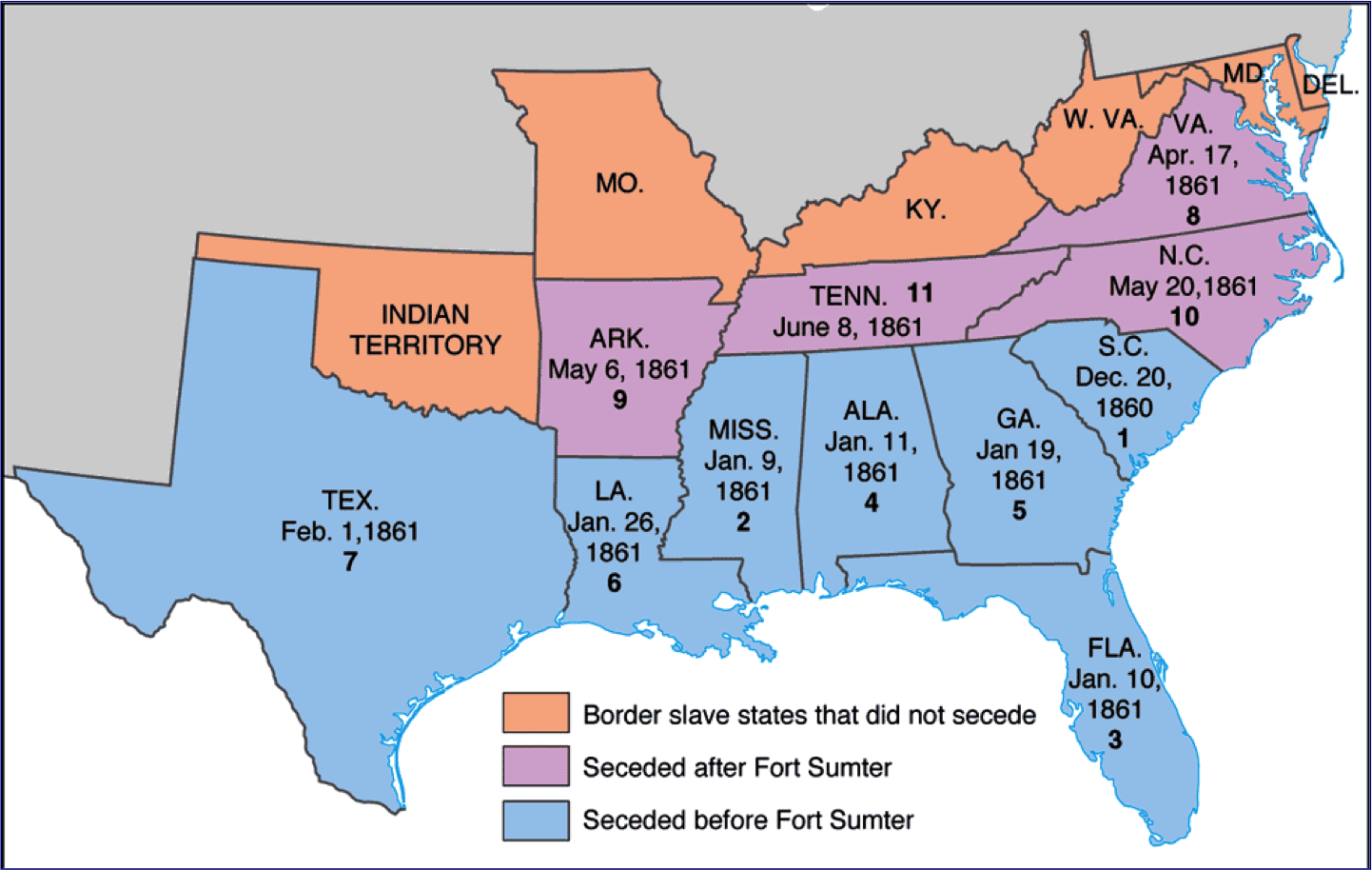Imagine a scenario where Texas, the second-largest state in the U.S., decides to secede from the Union. The implications of such a decision would be monumental, not only for Texas but for the entire nation. In this article, we will explore the potential states that might follow Texas in this drastic move.
Secession is a topic that brings about intense debate and speculation. The very idea raises questions about the political landscape and the future of the United States. Would other states feel compelled to follow suit, or would they remain loyal to the Union? In this article, we will analyze the factors that could influence other states' decisions and discuss the sociopolitical climate that could lead to such a seismic shift.
The conversation surrounding Texas's potential secession isn't merely theoretical. Various surveys and political movements within Texas have reignited interest in this contentious issue. Understanding the underlying sentiments and possible outcomes is essential for grasping the broader implications of state secession in the U.S.
Table of Contents
- Introduction
- Historical Context of Secession
- Factors Influencing Secession
- Potential States That Might Follow
- Public Opinion on Secession
- Economic Considerations of Secession
- The Role of National Politics
- Conclusion
Historical Context of Secession
To understand the concept of secession, we must first examine its historical context. Secession has been a part of American history since the founding of the nation. The most notable instance occurred during the Civil War, when eleven Southern states seceded from the Union, leading to a bloody conflict.
Texas itself has a unique history regarding secession. It was an independent republic from 1836 to 1845 before joining the United States. This historical backdrop influences contemporary discussions about Texas's position within the Union and the idea of independence.
Factors Influencing Secession
Political Climate
The political atmosphere in Texas is a significant factor in the secession debate. With a strong conservative base and a growing movement advocating for independence, the political sentiments within the state can lead to discussions about breaking away from the Union.
Cultural Identity
Texas has a distinct cultural identity, with many residents proudly embracing their uniqueness. This cultural pride can foster feelings of independence and a desire for self-governance, further fueling the secessionist movement.
Potential States That Might Follow
If Texas were to secede, several states might consider following suit based on various factors such as political alignment, regional similarities, and economic interests. Below are some of the potential states that could join Texas in a secessionist movement:
- Oklahoma: With shared cultural and historical ties, Oklahoma may feel a kinship with Texas.
- Louisiana: The political climate in Louisiana mirrors that of Texas, making it a potential candidate.
- Arkansas: Arkansas's conservative values align closely with those of Texas.
- Mississippi: A state with a history of secessionist sentiments, Mississippi could consider following Texas.
Public Opinion on Secession
Public sentiment plays a crucial role in any movement for secession. Recent polls indicate a growing number of Texans support the idea of independence. However, opinions vary widely across demographic lines, with younger generations often more inclined to support remaining part of the United States.
Understanding public opinion is vital for assessing the feasibility of a secession movement. It can influence political leaders and the overall direction of the movement.
Economic Considerations of Secession
Economics is another critical factor that could influence states considering secession. Texas has one of the largest economies in the U.S., and its success could serve as a model for other states contemplating independence.
However, the economic implications of secession are complex. States that secede would need to establish their own economic systems, which could lead to uncertainty and instability in the short term.
The Role of National Politics
The national political landscape significantly impacts the secession debate. Political polarization has increased in recent years, leading to heightened tensions between states with differing ideologies.
The actions of national political leaders can either fuel secessionist sentiments or quell them. For example, a change in administration or significant policy shifts could push certain states toward considering independence.
Conclusion
In conclusion, the possibility of Texas seceding from the Union raises numerous questions about the future of the United States. While Texas may lead the charge, other states could follow based on various factors such as political climate, cultural identity, and economic considerations. The debate surrounding secession is complex and multifaceted, and it requires careful examination of the implications for both the states involved and the broader nation.
We invite you to share your thoughts on this topic. Do you think other states would follow Texas in a secession movement? Leave a comment below and let us know your perspective!
Thank you for reading! We hope you found this article informative and thought-provoking. Be sure to check out our other articles for more in-depth analysis on current events and political issues.




